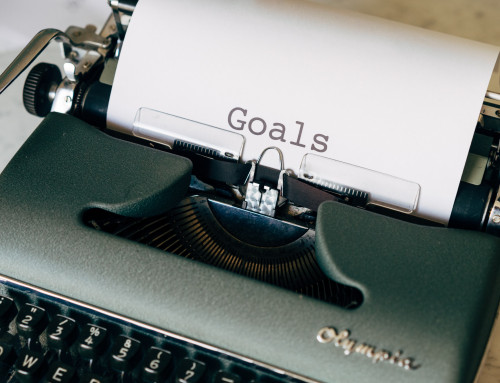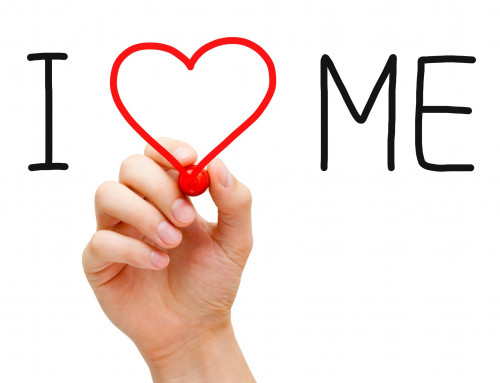Reading is good for the soul. It helps you escape your own world, if only for a moment. It gives you empathy, it gives you an understanding of what it’s like to be someone else and go through experiences outside of your own. If we all read for pleasure, I believe we would have a more open-minded, empathic existence.
Reading has helped me through many tough times in my life, and although it can be hard to focus on reading words when I’m in the middle of a stressful experience, it has helped me to escape those moments when I really wanted or needed to be someone else.
I’m not the only person that thinks this. Charities like The Reading Agency – that have a mission to get everyone reading for pleasure – or The Books Trust – who promise to transforms lives by getting children and families reading – also see and invest time in trying to prove how good reading is for your mental wellbeing. There’s plenty of companies out there researching the benefits of reading of pleasure. In fact, research carried out by The Reading Agency suggests:
“There is strong evidence that reading for pleasure can increase empathy, improve relationships with others, reduce the symptoms of depression and improve well-being throughout life.”
The Reading Agency runs a programme called Reading Well, that claims to help you to understand and manage your health and wellbeing using helpful reading. The books are all endorsed by health experts, as well as people with living with the conditions covered and their relatives and carers. You can be recommended a title by a health professional, or you can visit your local library and take a book out yourself.
I’m also a big fan of the Mood Boosting Books list, launched from The Reading Agency but recommended by readers and reading groups. I recently got stuck into this list chosen by people affected by cancer, to try and help me cope with the recent diagnosis of my mothers terminal cancer.
Whether you read books that compliment or contrast your mood, there is parallel to every scenario in books. If you’re unsure where to start, here are a few of the books that have helped me through tough moments in my life.
The novel cure
Problem: Low mood
Solution: Go on, let yourself escape a little and read these
Winnie the Pooh by A.A.Milne – Yes, I know it’s a children’s book, but it’s helped me as an adult. It’s full of adorable and inspiring quotes like:
“You are braver than you believe, stronger than you seem and smarter than you think.”
It’s not just sweet and playful, it’s also full of wise sentiment and real ‘feel good moments’. If you need something light-hearted but full of real humanistic depth, dive into this book.
The Disc World novels by Terry Pratchett – Pratchett was the master of the witty, so if you’re looking for a good laugh, you’ve found your book! The Disc World novels feature Rincewind, a cowardice wizard, lacking in self-awareness, skill and wizardly qualifications. He’s the fool you’re happy to laugh at along with Pratchett who designed him to be to fool of the book world. If you’re looking for a simple, light-hearted laugh with no topics that are too ‘heavy’, then Pratchett is your man! And the good thing is, you can read them in any order, which means you don’t have to start at number one of the 41 book series!
Problem: Anger!!
Solution: Take action and read these
The Good Immigrant, essay collection edited by Nikesh Shukla – Okay, so this one will feed your anger, but sometimes that’s good. When you feel that fire inside and like no one is listening to you or taking you seriously, this is a good collection of empathy. A collection of essays bringing together 21 exciting minority ethnic voices emerging in Britain today, it explores why immigrants come to the UK, why they stay and what it means to be ‘other’ in a country that doesn’t seem to want you, doesn’t truly accept you – however many generations you’ve been here – but still needs you for its diversity monitoring forms. This collection makes me want to stand up and fight to fix what’s not working in the world.
Nasty women by 404 Ink – I find solidarity in this. Granted, this may be because I’m a woman who has faced many unwanted sexual and violent advances in the past, but I believe there’s still relatable experiences to learn from and get angry from, in this collection whether you’re male or female. We’ve all experienced times when other people’s actions have been out of our control, and because of this, this collection is empowering on so many levels. Listen to others stories and listen to their ideas for how we can stop things like this from happening and start to improve the world!
Problem: Existential crisis/questioning the world
Solution: Read these!
The Unbearable Lightness of Being by Milan Kundera – This is one of my old favourites, something I read years ago and the feeling I had when I read it has stuck with me for so long that I find myself reading again when I feel most lost in my life. The book talks about how some people are light, and crave instability, freedom, new opportunities, and some people are heavy and crave stability, putting roots down and secure. It’s a way of thinking that has reached its way into my life in many ways, and I still return to this concept when trying to figure out how to handle a situation.
The Machine by James Smyth – Labelled by many as the Frankenstein tale of our time, The Machine follows a returning war veteran who promises salvation from his terrorising nightmares by a machine that will purge him of his memories. If you want to know what it means to be human and see the silver lining in going through negative experiences, this is the book!
Problem: Negative thoughts or depression
Solution: Read this!
Reasons to Stay Alive by Matt Haig – Haig wrote this book to help those suffering from depression and those who are looking to gain a better understanding of someone who does. It follows his brutally honest account of the bleakest moments in his life and looks at what it means to be truly alive. Written in short, sometimes funny spurts of text, this is a good quick read to delve into, particularly if you experience life on the edge of depression. Haig says:
“I wrote this book because the oldest cliches remain the truest. Time heals. The bottom of the valley never provides the clearest view. The tunnel does have light at the end of it, even if we haven’t been able to see it . . . Words, just sometimes, really can set you free.”
If you’re still looking for ideas for which books to turn to when in need, check out The Novel Cure: An A to Z of Literary Remedies by Susan Elderkin – it is a great source! It lists books by a problem and acts as a sort of encyclopaedia for fictional cures to all sorts of physical and mental ailments.
What books would you pick for your novel cure?







Leave A Comment